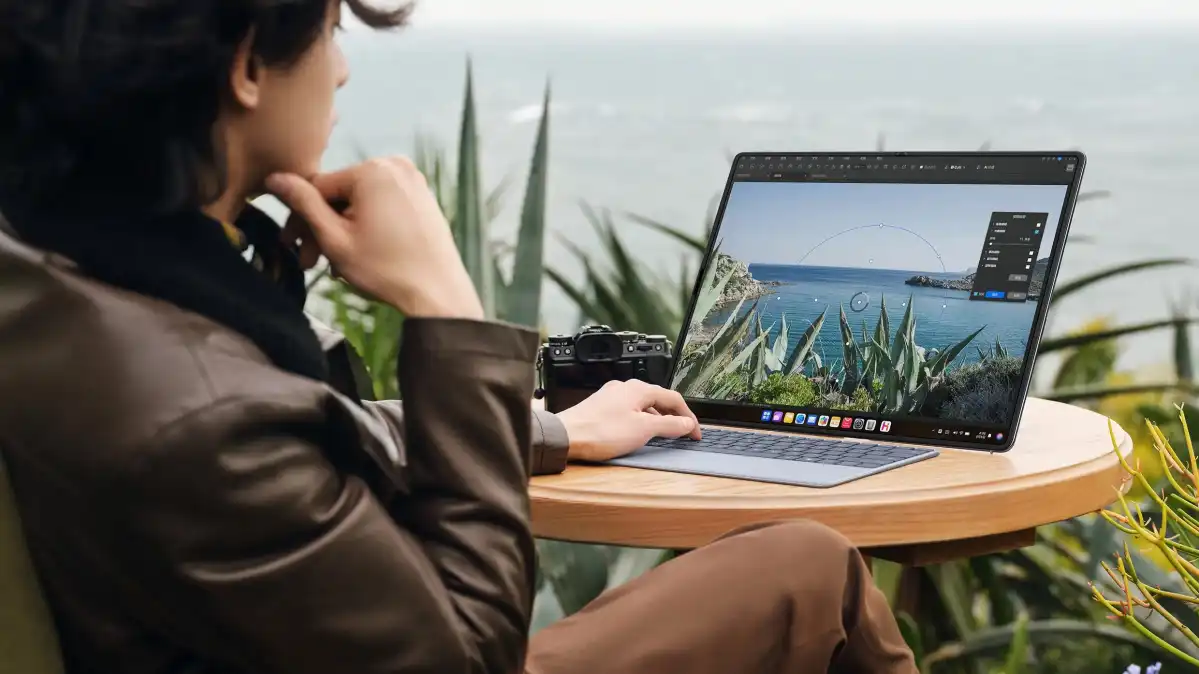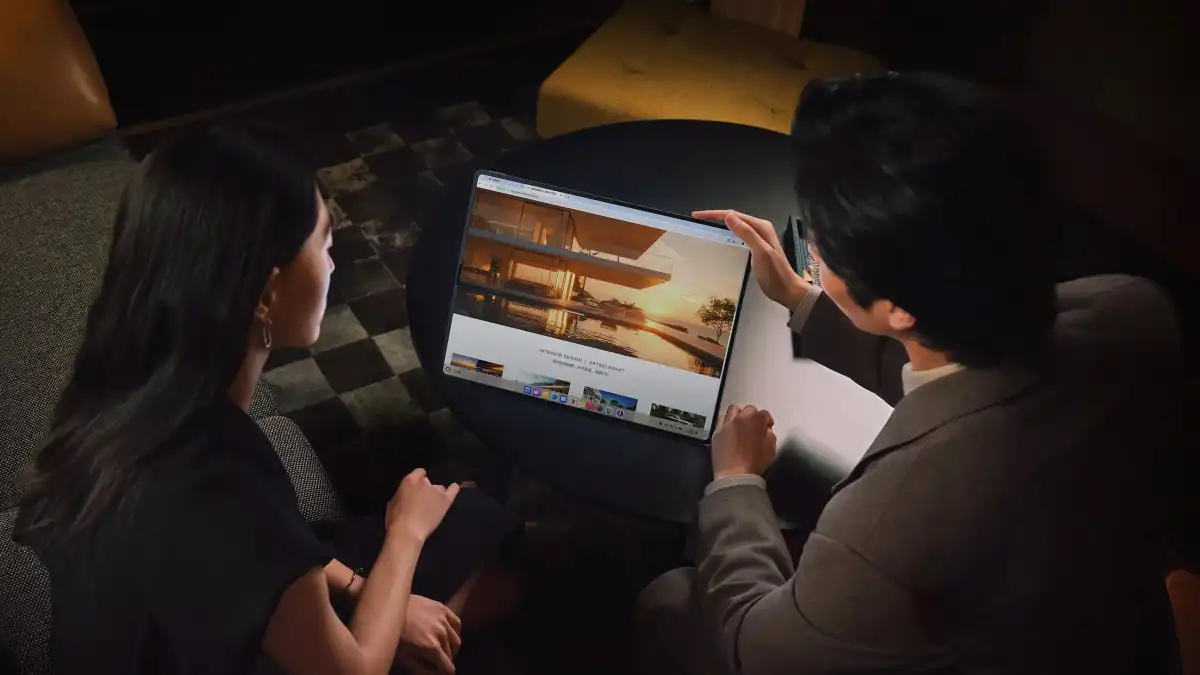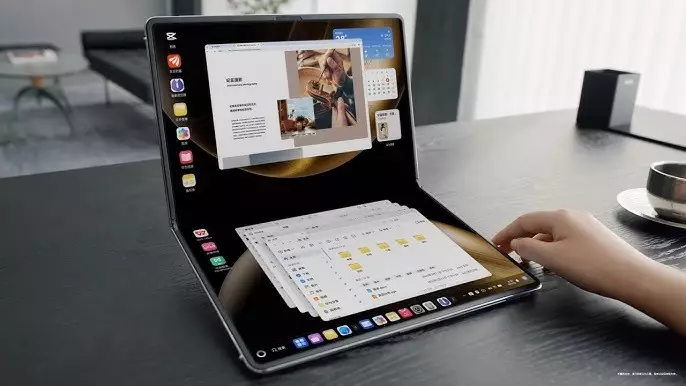Huawei has revealed a new foldable tablet-laptop combination, and all I can think of is, why didn’t an Android tablet company do it first? The Huawei MateBook Fold Ultimate (Huawei foldable laptop) has been debuted in China, and it is very stunning.
It appears to be the ultimate shape-shifting productivity and media device, transforming from an 18-inch tablet to a sleek 1.16kg 13-inch laptop (with virtual keys on the lower side).
The key to foldable tablet success
Not that my immediate reaction to this new gizmo was completely good. In truth, it was closer to “that’s cool, but you’ll pry my tactile keys from my cold, dead hands”.
Nobody truly does serious work on a touchscreen. Certainly not this geriatric millennial.
But I shouldn’t have been so contemptuous. It turns out that the Huawei MateBook Fold Ultimate can be used as a full productivity powerhouse, unfolding to a full 18-inch size and supported by its built-in stand. You can then use the unique 5 mm-thick, 290g wireless keyboard to type.
And what a stunning 18-inch display. It’s a dual-layer OLED, as seen on the iPad Pro M4, so it’s extremely bright (1,600 nits) and colorful. It also has a crisp resolution of 3296 x 2472, which is not far from 4K.

Why we need an Android version of the Matebook Fold Ultimate
We don’t yet know what chip is powering this hybrid device (albeit it does have 32GB of RAM and a 1TB or 2TB SSD), which could be a sticking point. Western sanctions have severely affected Huawei’s device performance in recent years.
That just reinforces the belief that a major Android manufacturer, like as Samsung or Google, should have developed a similar gadget by now.
Consider a foldable version of the Google Pixel Tablet running Google’s tablet-optimized Android skin, or possibly ChromeOS. It may have been the product that propelled Google into the Android tablet market in a significant way.
Even more perplexing is the absence of a Samsung comparable. We know the business has been experimenting with folding tablet technology for years, and the DeX hybrid desktop OS has been in place much longer.

Enter Apple (eventually)
Of course, it is not too late for such a manufacturer to come up with their own folding tablet design. For all the appeal of Huawei’s hardware, the company’s ongoing legal difficulties with the United States ensure that such a gadget would never make a dent in Western markets.
Apple, for example, might provide a compelling take on this design factor. According to rumors, the corporation has a product like this on its release schedule.
As we’ve come to expect, where Apple goes, other large manufacturers usually follow. However, with a speculated delivery date of ‘by 2028’, Huawei’s design may not achieve its full potential for some time, which is unfortunate.


